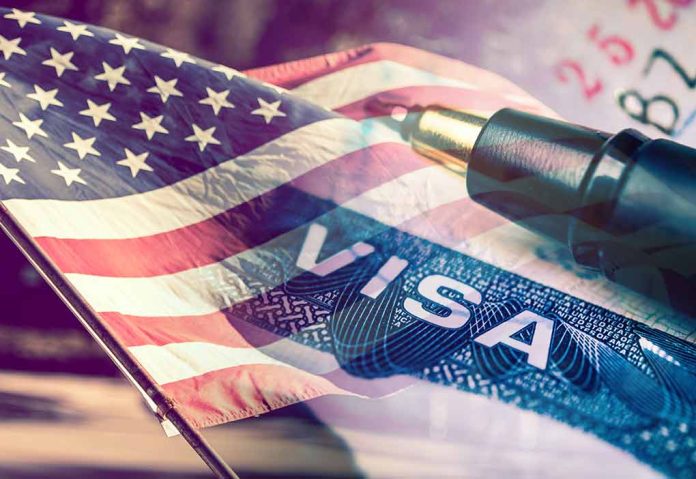
The pervasive issue of immigration fraud through student visas is escalating in the United States, Canada, and the United Kingdom, leaving institutions struggling to maintain credibility and security.
Key Takeaways
- The student visa system in the U.S. is prone to misinterpretation, but data on overstays might be inflated.
- Approximately 65% of applications from India and Bangladesh could be fraudulent.
- Fraudulent applications cause significant challenges for lesser-known educational institutions.
- Stricter standards for international recruiting agencies could help reduce fraudulent activities.
- Student visa issues are seen as a significant challenge for the U.S. higher education system.
Unmasking the Deception in Visa Applications
Visa systems in South Asia are increasingly vulnerable to fraudulent activities. Reports from Portland State University revealed that around 65% of applications from India and Bangladesh might involve fake details. These fraudulent submissions are linked to recruitment agents who secure acceptance letters, thus expediting visa appointments. The shift in international market focus from China to South Asia fuels this growing concern.
Consolidated efforts from universities and authorities are essential to maintain the integrity of student enrollment. This includes better resources for institutions burdened by such fraudulent activities, especially lesser-known ones that struggle with verification processes due to limited resources.
Response from Educational Institutions and Authorities
The U.S. for Success Coalition has established a special task force to address these ongoing issues. They plan to enhance data accuracy and bolster oversight mechanisms. Schools like Cleveland State University face challenges with “transfer-outs,” a tactic some students use to access more favorable work visa policies.
To cope with these complexities, DHS emphasizes the role of inter-agency collaboration in tracking international student activities. Despite these challenges, options like Curricular Practical Training, which ICE monitors for compliance, support legitimate educational purposes and not employment loopholes.
Moving Toward a More Transparent System
Authorities have begun meetings to discuss strengthening certification standards for international recruiting agencies. Such strategies aim at mitigating fraudulent activities while maintaining necessary support for institutions. This involves confronting complexities like a potential increase in visa rejections for students from the Global South.
Maintaining transparency in student visa processes is key to upholding the credibility and attractiveness of U.S. education. Continued cooperation among educational institutions, government bodies, and international recruitment agencies will be crucial in safeguarding the future of international education and student exchange.





